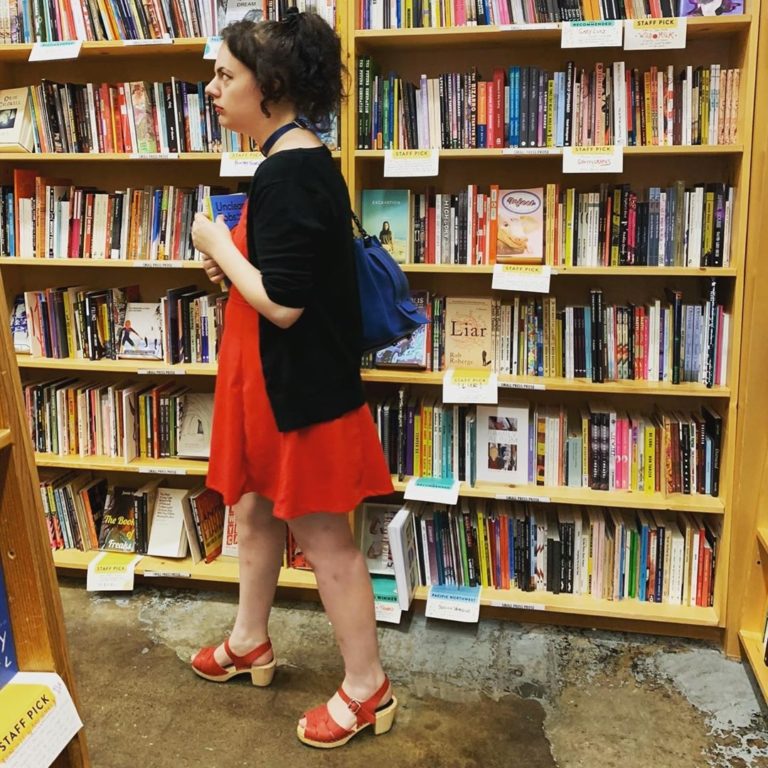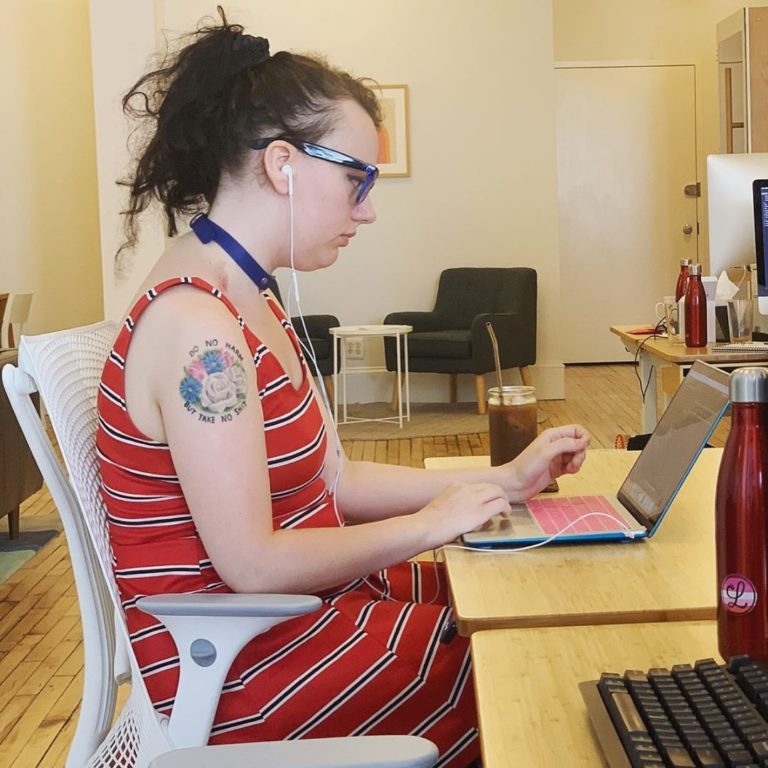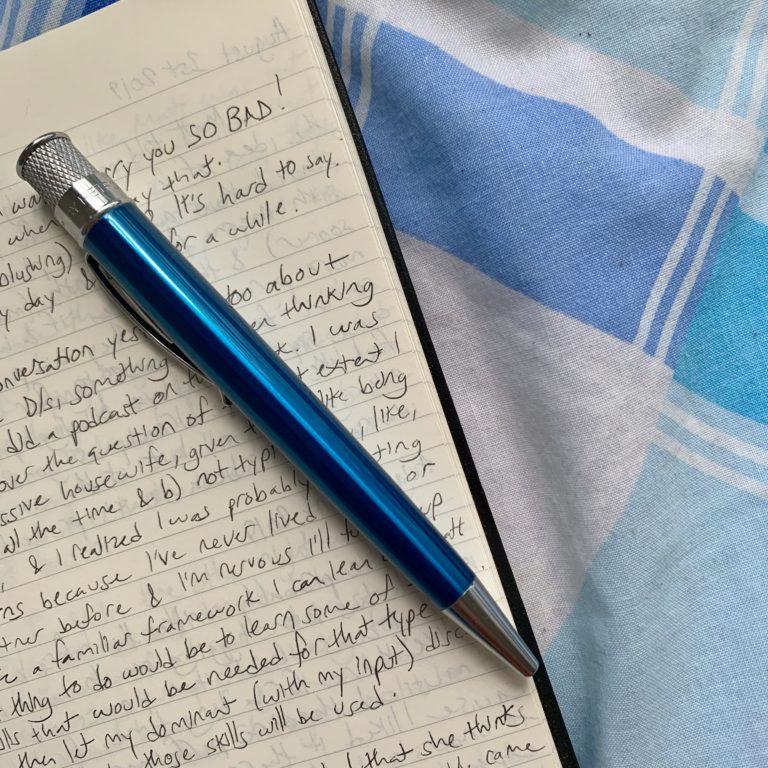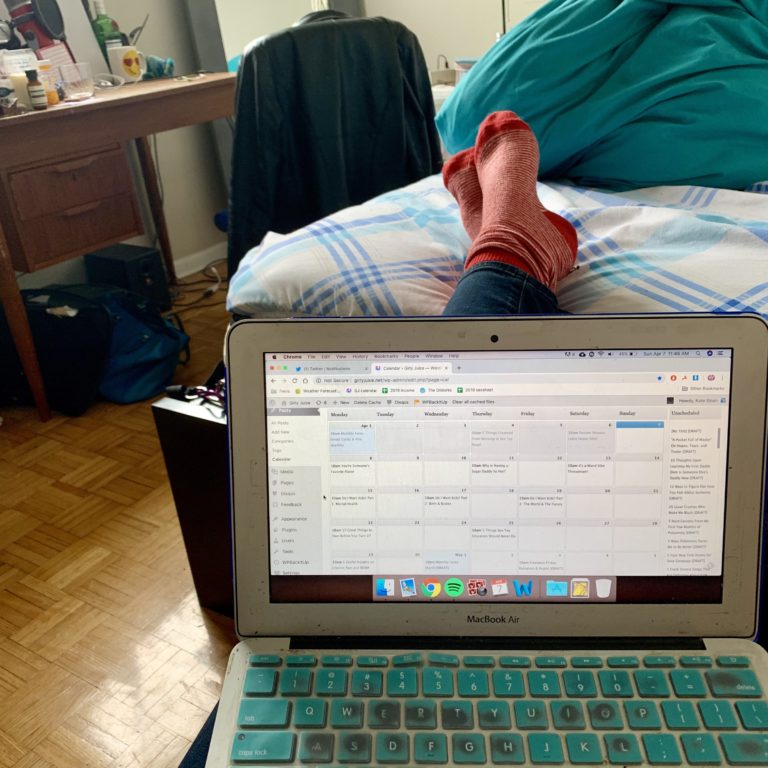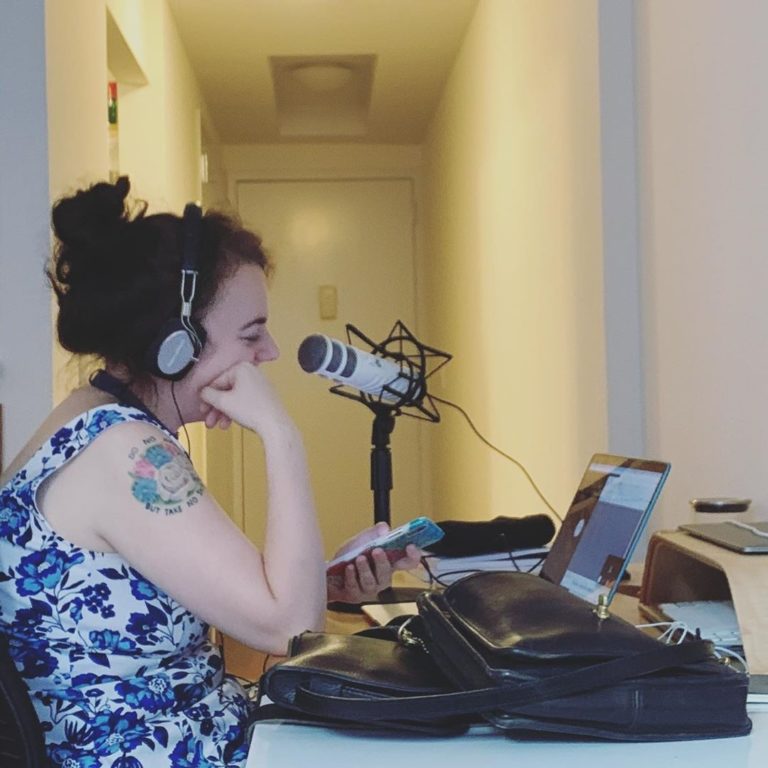
I’m back with more tips for working from home! These final 3 are crucial (but, frankly, all of them have been)…
#7: Find ways to combat loneliness.
Working from home is lonely as hell sometimes! Mostly I am okay with this, since I am super introverted and work best with minimal distractions (I still have nightmarish flashbacks to the office I once worked in that was filled with women in their early twenties constantly arguing about sex and dating). However, sometimes all that solitude is bad for morale! This is typically when I head out to a café (as discussed in my last post), text a friend for a mid-day chat, or schedule a co-working date with a pal if possible.
The most common way I deal with loneliness on the job, though, is social media. Twitter, Slack, Facebook, Instagram, Reddit: these services are often decried by productivity nerds for sucking up precious time and energy throughout the day, but used judiciously, I think they can be a godsend for lonesome freelancers. Where else could I gather on-the-fly opinions from my readers on stuff I’m working on, advice from fellow writers on methods and word choice, and terrible puns from sex-blogger pals across the globe?!
#8: Protect your time fiercely.
In my experience, if someone knows you work from home/are a freelancer, they’ll often assume that means you can do whatever you want whenever you want, deadlines be damned. I don’t know why they think this. It is annoying as fuck. Like, yes, I could step away from my computer for 2 hours on a Thursday afternoon to go see a movie with my mom or go shopping with a friend, and I appreciate offers to do so, but I don’t appreciate when those offers turn into pressure! This is even more aggravating when friends or family members see that you’re working but behave as though you’re playing a computer game or something – like they can interrupt you and distract you willy-nilly, because what you’re doing couldn’t possibly be real work, right?!
Now that I’ve gotten that rant off my chest… Being able to protect your time is really important as a freelancer. When a friend would ask me to hang out or do something for them, I used to say, “Sure, I’m free all day!” because that was technically true – my entire day was theoretically flexible and each item on my schedule was moveable. But nowadays, I’m more comfortable saying, “I’m free between [this time] and [that time],” or “I actually can’t, I have a deadline coming up, but maybe next week?” I’ve also gotten better at saying to people when they’ve interrupted me – in the politest way I can – “I have to get back to work now,” which elicits a surprised expression more often than you might expect. (Do these people… not know freelancing is work?!) This type of boundary-setting is mandatory for me if I’m going to get anything done ever.
#9: …but don’t forget to take breaks!
Trust me, your brainpower will eventually fizzle if you don’t give yourself enough downtime, and that type of burnout is really inconvenient when there’s a deadline around the corner! I understand the productivity-frenzied frustration of taking a break when you feel like you “have to” keep working – even if you’ve been working all day – but the “rest” part of the work cycle is truly just as important as the “work” part. Don’t lose sight of that!
I sometimes schedule things for myself specifically to force myself to take breaks – like buying a theatre ticket for a Friday night at the end of a busy week, or making plans to chat with a friend at a certain time so I have to get everything done by then and set aside my work for the day. I also like to use mid-day errands as a reminder to “switch off”: trips to the bank or the grocery store are restful compared to being hunched over a laptop, and I always listen to podcasts or music on my way to and from these places so my brain gets a little shake-up.
What are your top tips for working from home?
